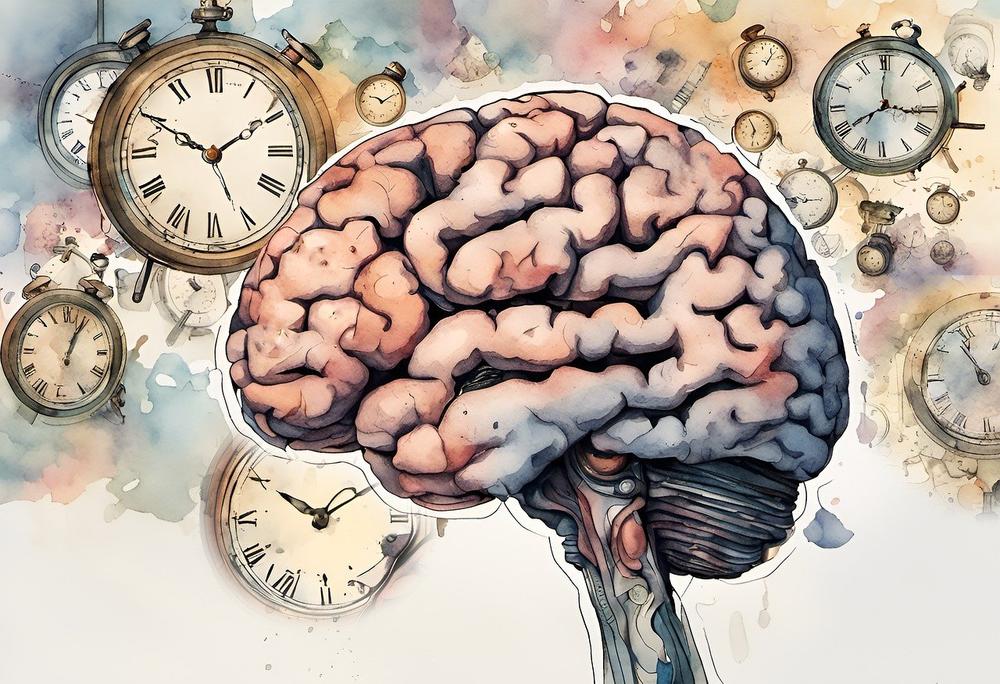
Section Branding
Header Content
Chronically lonely people may be at higher risk of stroke and dementia
Primary Content
LISTEN: The Georgia Department of Public Health expects 190,000 Georgians will be diagnosed with dementia in the next 10 years. And a new study suggests chronically lonely people are at higher risk of related diseases like Alzheimer's. GPB’s Ellen Eldridge reports.

How often do you feel that you lack companionship? How often do you feel left out? How often do you feel isolated from others?
Those are three of the questions that helped scientists connect loneliness with risk of physical illness among stroke-free participants aged 50 and older in the United States. The study, published in The Lancet last month, found that the prevalence of loneliness was at 24.6%.
To measure social isolation, the study authors created a measure based on the Berkman-Syme Social Network Index, assessing social isolation across four domains of social activity: marital status, volunteer activity, contact with children and neighbors.
Higher loneliness scores at the start of the study had significantly higher incident stroke risk after adjusting for depressive symptoms and social isolation, the authors said.
Furthermore, this study is the first to examine changes in loneliness on incident stroke in a large prospective cohort.
Three-quarters of strokes occur in people ages 65 and older, and the highest U.S. death rates from stroke occur in the southeast.
Georgia is in the nation’s so-called “Stroke Belt” and stroke is the fourth leading cause of death in the state, according to the Georgia Department of Public Health.
When someone is experiencing a stroke, time is of the essence.
Survivors are often left with disabilities such as paralysis.
A connection exists between mental health and risk of stroke, the authors propose, but more research is needed to understand how best to prevent or ease loneliness and risk of disease.
Last year, the U.S. Surgeon General issued an advisory on social connection, highlighting loneliness as an epidemic exacerbated by the COVID-19 pandemic and with widespread consequences for health.
There is a "public health crisis of loneliness, isolation, and lack of connection in our country," Surgeon General Dr. Vivek Murthy said last May.
Disconnection fundamentally affects our mental, physical, and societal health, he said, noting that loneliness and isolation increase the risk for individuals to develop mental health challenges in their lives, and lacking connection can increase the risk for premature death to levels comparable to smoking daily.
Dr. Elaine Jones, the chief of clinical quality with Access TeleCare and recipient of the 2023 President’s Award from the American Academy of Neurology, said that while the COVID-19 pandemic worsened feelings of loneliness and isolation, the deadly virus brought with it awareness and compassion for behavioral health.
It's interesting because we are more connected than ever, she said, but we can still be more isolated than ever, and it's tricky to measure how lonely someone feels.
"There are differences between being alone and being lonely and being socially isolated," Jones said. "They're not all synonymous, and they have different effects on people. It's not something we can really measure yet."
Someone can live alone in a rural part of the state without close friends, family or neighbors and have no sense of emotional distress, Jones said.
"It is hard to measure loneliness; it's kind of like measuring pain," Jones said. "Everyone may have a different perception of it."
Chronic loneliness is linked to changes in the brain needed for social and emotional cognition and awareness, she said.
People with dementia often become socially isolated, stuck in their home because they can't drive anymore.
"People may not want to be around them because they're confused, seeming they don't make sense. It's hard to talk to them," Jones said.
Alzheimer's patients don't do well when they're socially isolated, she said.
"When I had patients with dementia, I would always encourage them to go to the day care centers where there were activities," Jones said. "Or, you know, even going into the independent living or the assisted living facilities."
But she said no one wanted to leave their home.
Over 130,000 Georgians of all ages are estimated to currently have Alzheimer's disease or related dementia, according to DPH, and with an increasingly aging population, this number is expected to increase to about 190,000 in the next decade, which is an increase of about 46%.

